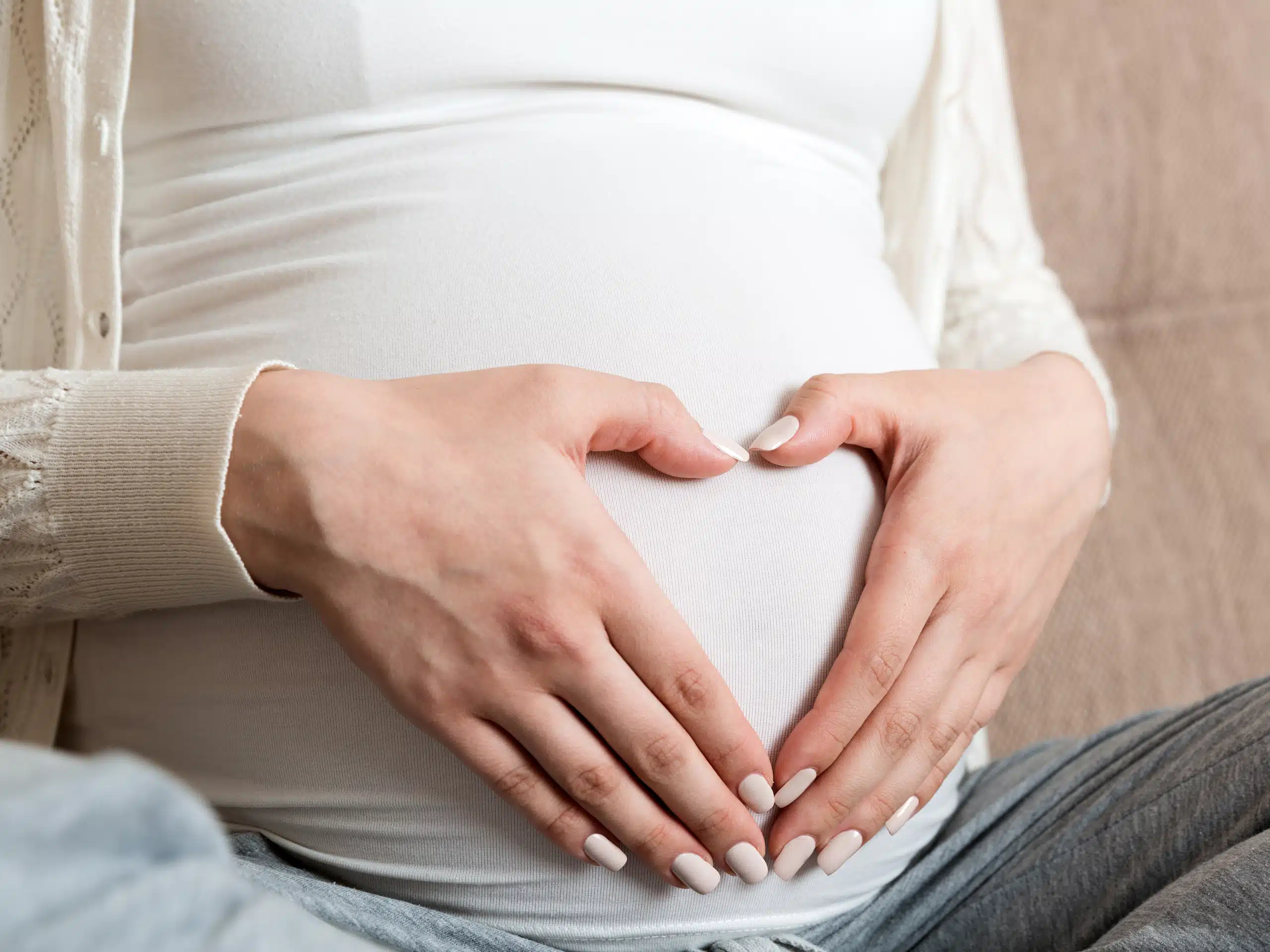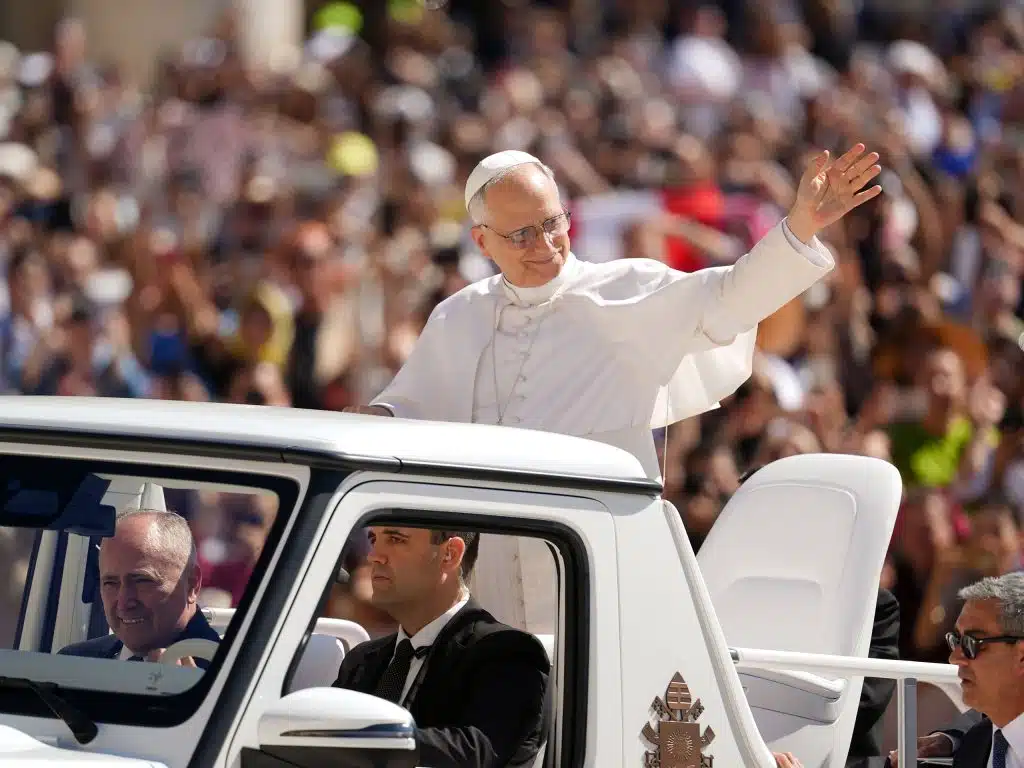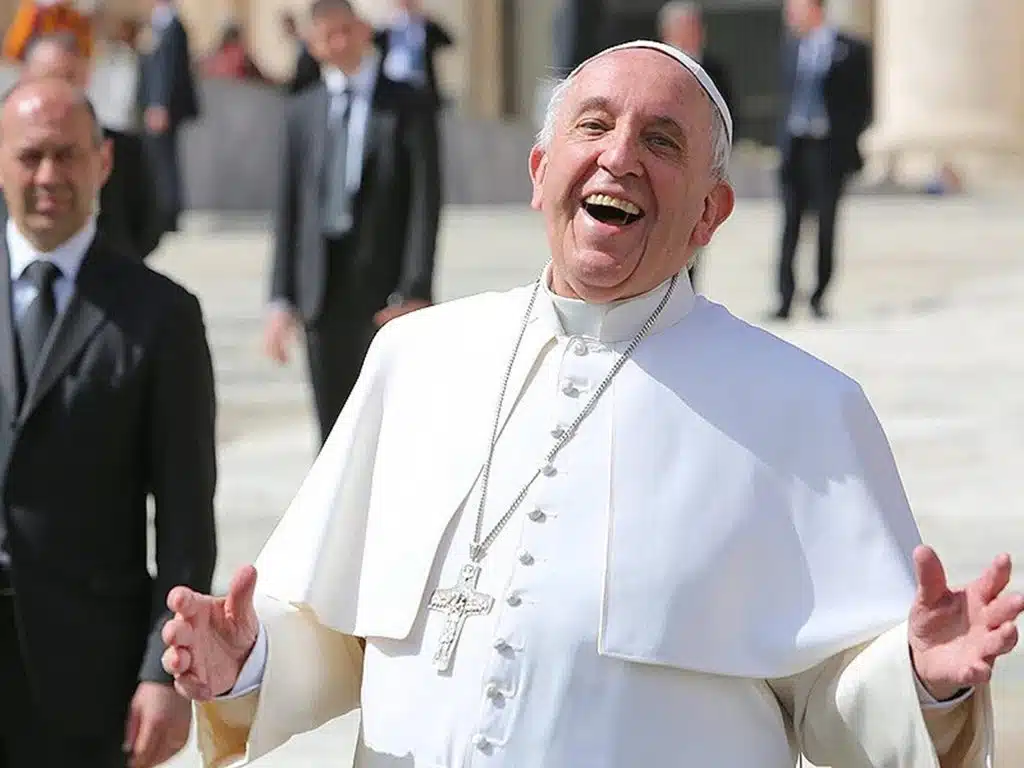When the U.S. Supreme Court declared that abortion was constitutional in its January 1973 Roe v. Wade decision, the effect of the ruling was to teach Americans that a grave evil might be considered a great good.
Although the Supreme Court’s 2022 Dobbs decision overturned Roe, the basic and false teaching that abortion may be good for some, in some situations, persists.
Now we are confronting the troubling reality that Americans are putting the human right to life to a popular vote. As Catholics, we know that no majority can legitimately deprive a disfavored minority of its basic right to life. We are grappling with the fact that the federal government continues to support abortion nationally and internationally through the executive branch, and we are grappling with the fact that states and voters are enshrining laws in many places that are, in fact, unjust laws.
St. Augustine famously observed that an unjust law is no law at all. What he meant was that although an unjust law may exist on paper, such a law did not have the true character of law, because the point of law is to promote true justice. Roe represented one giant unjust law and now, after Roe, there are many smaller unjust laws state-by-state. We must contest every unjust law, faithfully and peacefully advocating for the overcoming of any law that would allow for the fatal marginalization of any innocent or vulnerable brother and sister. We should not be satisfied with a cultural, legal or political attitude that accepts the normalization of abortion in any respect.
The USCCB Committee on Pro-Life Activities, for which I have been honored to serve as chairman for the past two years, has determined that the theme for this year’s Respect Life Month is, “I came so that they might have life.” (Jn 10:10) We find this theme in sacred Scripture, where Our Lord identifies himself as the Good Shepherd who lays down his life for his sheep and came so that his sheep might have life abundantly. As Catholics, it is my hope that we may come together to offer America a concrete encounter with what a culture of life in abundance looks like.
The Church has always lived in radical solidarity with those in need, and we continue to do so as we walk with those in need through our ministries. Our work might take the form of building up a parish-based Gabriel Project offering pregnancy assistance, or through Catholic Charities St. Margaret of Cortona Transitional and Maternity Housing for mothers in difficult circumstances, or through a “Walking with Moms in Need” team serving pregnant and parenting mothers. We must continue to serve our sisters and brothers in these ways, as requests for assistance increase.
In this way, we preach the Gospel of Life through our generous acts of service — words are optional, and service is especially important in a time when so many refuse to hear the truth when they hear it spoken. We must remember, too, that the Church stands in a unique and privileged position as we offer the confidential, caring, and healing outreach after abortion through Project Rachel.
I want to emphasize a particular way that the Dobbs decision has opened an opportunity for witness. So many suffer as a consequence of their role in assisting or advocating for abortion. We should strive to lovingly acknowledge that trauma and grief so that Christ may heal it.
May we remember to consistently integrate into every mention of abortion an invitation to the abortion-injured to return to the loving arms of their mother, the Church. For all with a contrite heart, no sin is greater than the Father’s mercy. Even within the Church, so many desperately need to hear this cause for hope.
May we join in prayer for the unborn victims of abortion, for the conversion of those who advocate for abortion, for mothers considering them, and fathers encouraging them; may we offer our time and resources to pregnancy resource centers that provide mothers with the care they need in times of hardship; and may we use every peaceful means to reform our civil law so that it may be truly righteous in the eyes of God.
Though our civil law largely disregards God’s law in areas of supreme importance, we should not be discouraged. We should instead recognize that our faithful perseverance and service represent a powerful witness to Our Lord’s love for each of us, and his desire that we may truly have life and have it abundantly. The Christian story in human history is always the story of the importance of faithfulness, whatever the circumstances. By the grace of God, nations and laws change to promote justice and truth.
By God’s grace, may we pray for the protection of every unborn human life from the tragedy of abortion and accept the gifts of God, who sent his Son so that we might have life, and have it abundantly.



